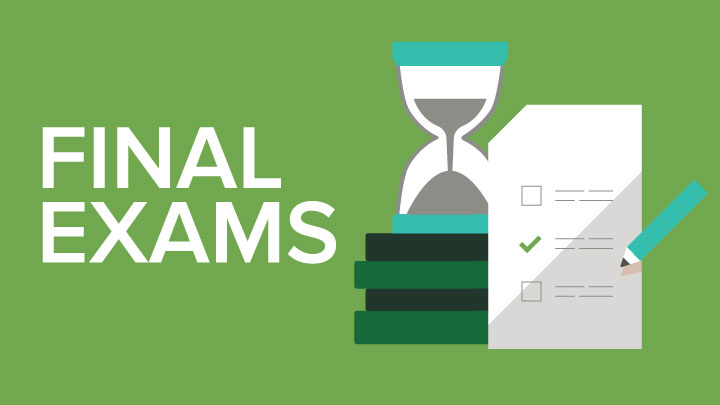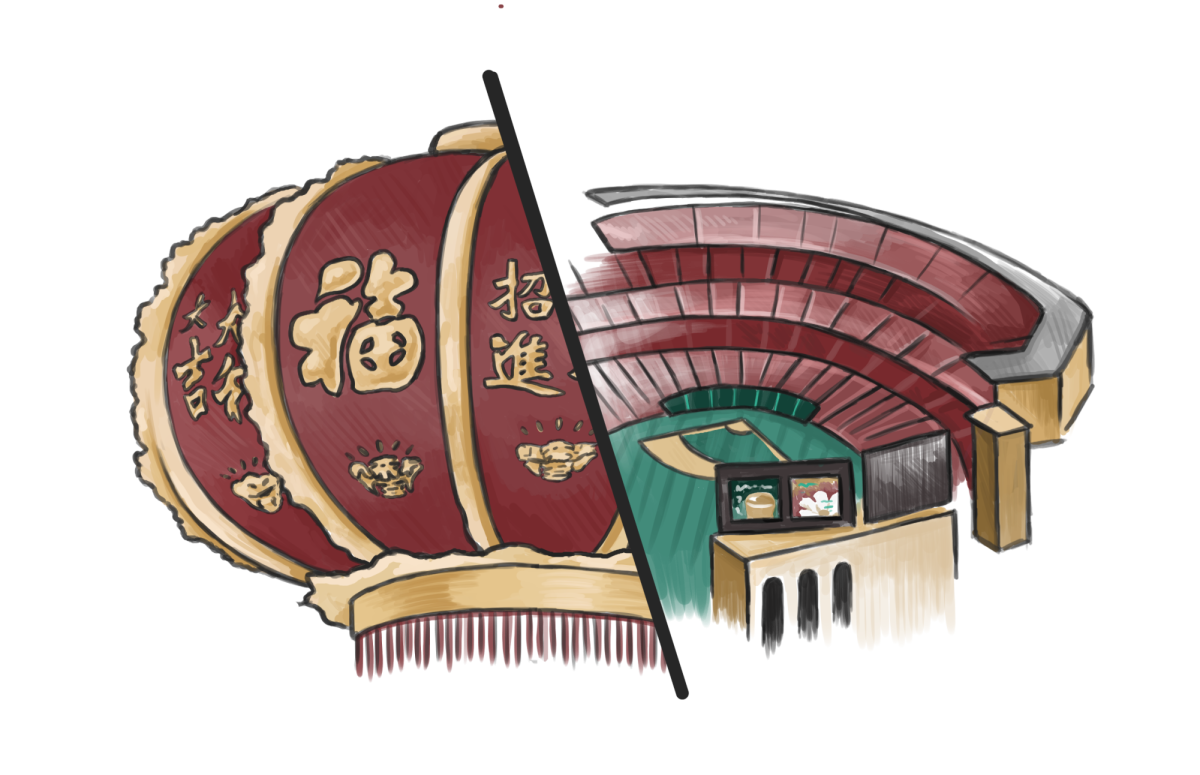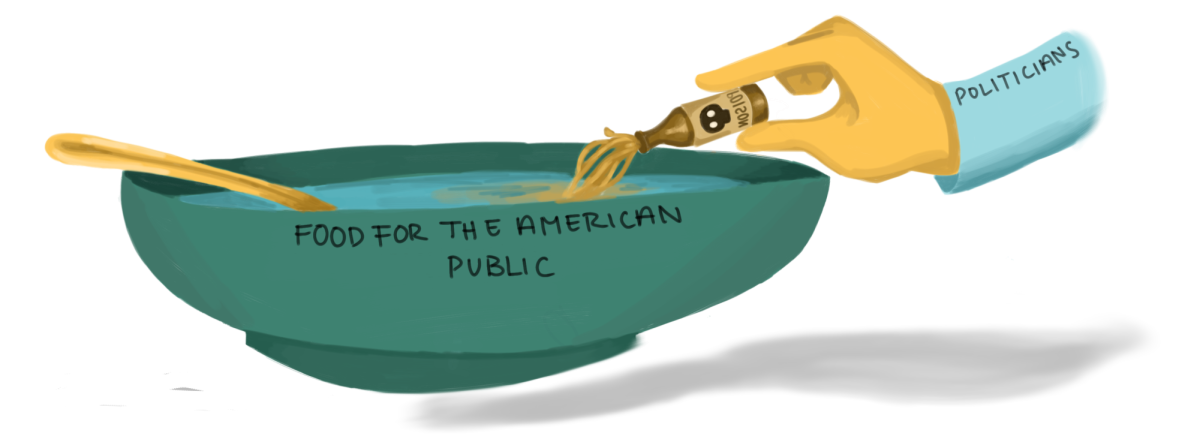Finals week is canceled for the semester. For many, this has called for a sigh of relief. No finals mean that it is time to kick back and relax through winter break until the second semester. For others it could call for some panic. Many who have fallen behind in the rough environment of virtual learning may have been looking forward to finals in order to boost their grade one last time. But more broadly, canceling finals this year has put finals week itself into question for all future semesters. In the 2019-20 school year, finals week was cut short in the first semester due to snow, and also in the second due to COVID-19. It has been three full semesters since any student at Ladue has had a proper finals week. So why do we have finals? And do we need them?
Final exams have been around as long as anyone can remember. Most final exams can generally be described as a high stakes, end of semester cumulative exam testing a student’s knowledge of the content taught through the whole semester. And traditionally, they are meant to act as a benchmark for whether or not a student has mastered the material. Imagine a lawyer not having to pass the bar; finals in a similar way gauge the readiness and qualification of a student to pass a class and continue to the next semester, and without them, students may pass a class without actually having to master the content. Some classes have adopted the idea that the act of preparing for finals justifies the existence of finals. It gives a chance for students to see the forest for the trees and connect information taught earlier in the semester to the information taught later. AP and IB classes across the nation have also taken the initiative to model final exams like a real AP or IB exam to prepare students for standardized testing in the future.
The downside to all of this is the obvious amount of stress associated with finals. Taking seven finals in the span of four days is extremely detrimental to students’ health, especially since these finals make up a substantial portion of students’ grades. The fact that finals are high stakes makes it so students are forced to try and succeed on these exams if they ever hope to achieve the grade they desire. This added stress has negative health effects for some students, if not most. Students will pull all-nighters, cramming info they eventually forget, only to take an exam they will not review, which is detrimental to their education.
The pressure for teachers to provide a comprehensive final exam is in part because standardized tests and AP exams exist, but also due to the resistance of American public schools to turn away from Scantron multiple-choice tests and short answer questions that comprise most final exams in America. There are alternative methods to test a student’s mastery of content in a class better than the classic final exam. Replacing finals with long term final projects where students make and present something they are interested in, or even just getting rid of it altogether and having more frequent unit tests would seriously help students learn and manage stress better in the long run.
It will be interesting to see how the absence of finals week will affect classes this year. Some teachers have decided to scrap finals for a smaller test, and some teachers have opted out to assign a more long term project for finals. While it is difficult to gauge just how much stress is reduced, or education is bettered, students may have a better opportunity to succeed without the feeling of impending doom onset by finals. But if the school does choose to measure outcomes, this may be Ladue’s great finals experiment.









